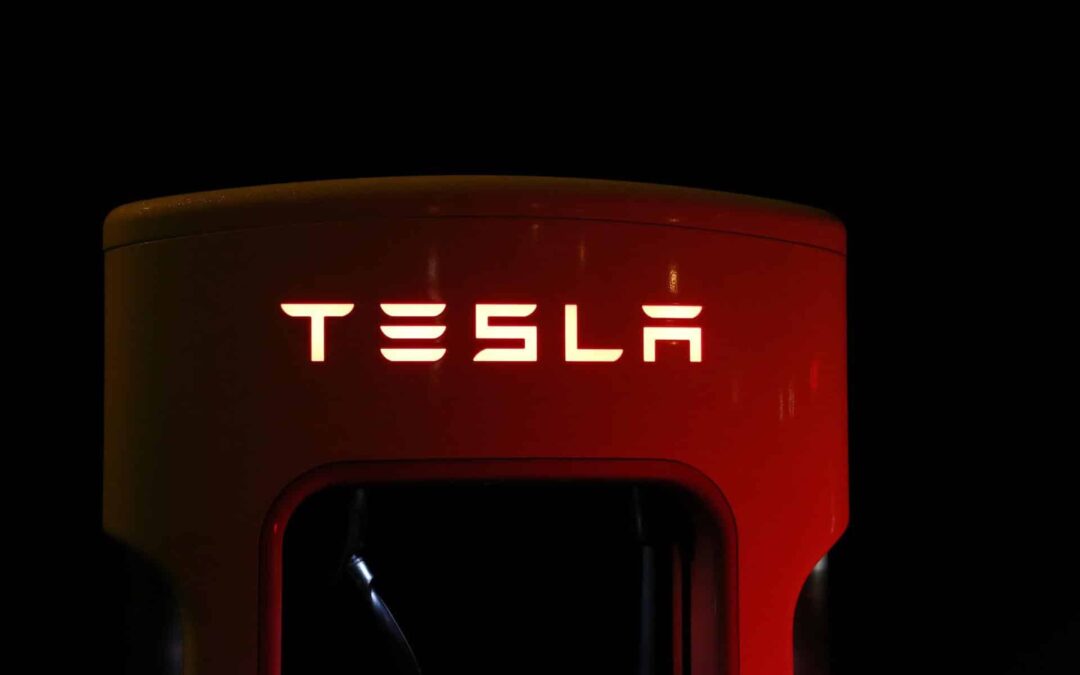Vehicles from the American manufacturer Tesla can use the "guard mode" function to monitor their surroundings even when parked and switched off. After the Berlin police took the first step and therefore wanted to ban the vehicles on their own premises, other companies and authorities are now also commenting on the data protection concerns.
The back story: Berlin police want to ban Tesla
The so-called "Sentry Mode" has been implemented in the Model 3 from the American electric car manufacturer Tesla. This enables environmental monitoring even when the vehicle is parked. The function serves to prevent damage to property and theft. At the same time, however, the environment recording is also stored on the company's own servers (in Europe, after all). In addition, the recordings can be viewed remotely by the vehicle owner via smartphone.
Because of the data protection concerns this triggered, the Berlin Police Department saw Tesla vehicles on police property as "a security-relevant threat to employees, third parties (security and data protection), and the Berlin Police Department's property (object security)" and launched a unsuccessful attempt to ban the vehicles on its own properties.
Intelligence agencies on the danger posed by Tesla vehicles
The Federal Intelligence Service (BND) and the Federal Office for the Protection of the Constitution (BfV) also say they are aware that the equipment of modern vehicles includes camera systems and systems for transmitting data to the relevant vehicle manufacturers. "For reasons of self-security," however, no statement on protection and security measures is possible. The Federal Office for the Protection of the Constitution and the Federal Criminal Police Office have made similar statements on this subject.
Action by the German Armed Forces and the Ministry of Defense
A Defense Ministry spokesman clarified that vehicles with corresponding vehicle assistance systems could potentially pose a threat to military security, regardless of the manufacturer. However, depending on the property concerned, there are "different protection requirements depending on the mission, material and personnel". There is therefore no blanket regulation. Rather, the respective barracks commander would take appropriate protective measures, such as allocating certain parking spaces or using designated routes.
Regulations of other federal states
Just as in Berlin, the other police forces in the German states have not yet issued a specific ban on vehicles from certain manufacturers entering the city. However, many federal states are monitoring the situation and want to examine the extent to which these driver assistance systems affect safety.
Data protection experts in the German states also point out the major data protection problem associated with permanent recording of the environment. Tesla 2020 has already received the negative "Big Brother Award" for its excessive data collection.
Company reactions
For companies, the debate poses not only a problem under data protection law, but also an opportunity for industrial espionage.
In many companies, therefore, there is a strict ban on cameras on the premises (smartphones often have to be handed in at the entrance) and the parking spaces are outside or underground, so there is no need to ban certain vehicles.
Still not enough about data protection in your company? Feel free to contact usto get advice and support from our team of experts!
